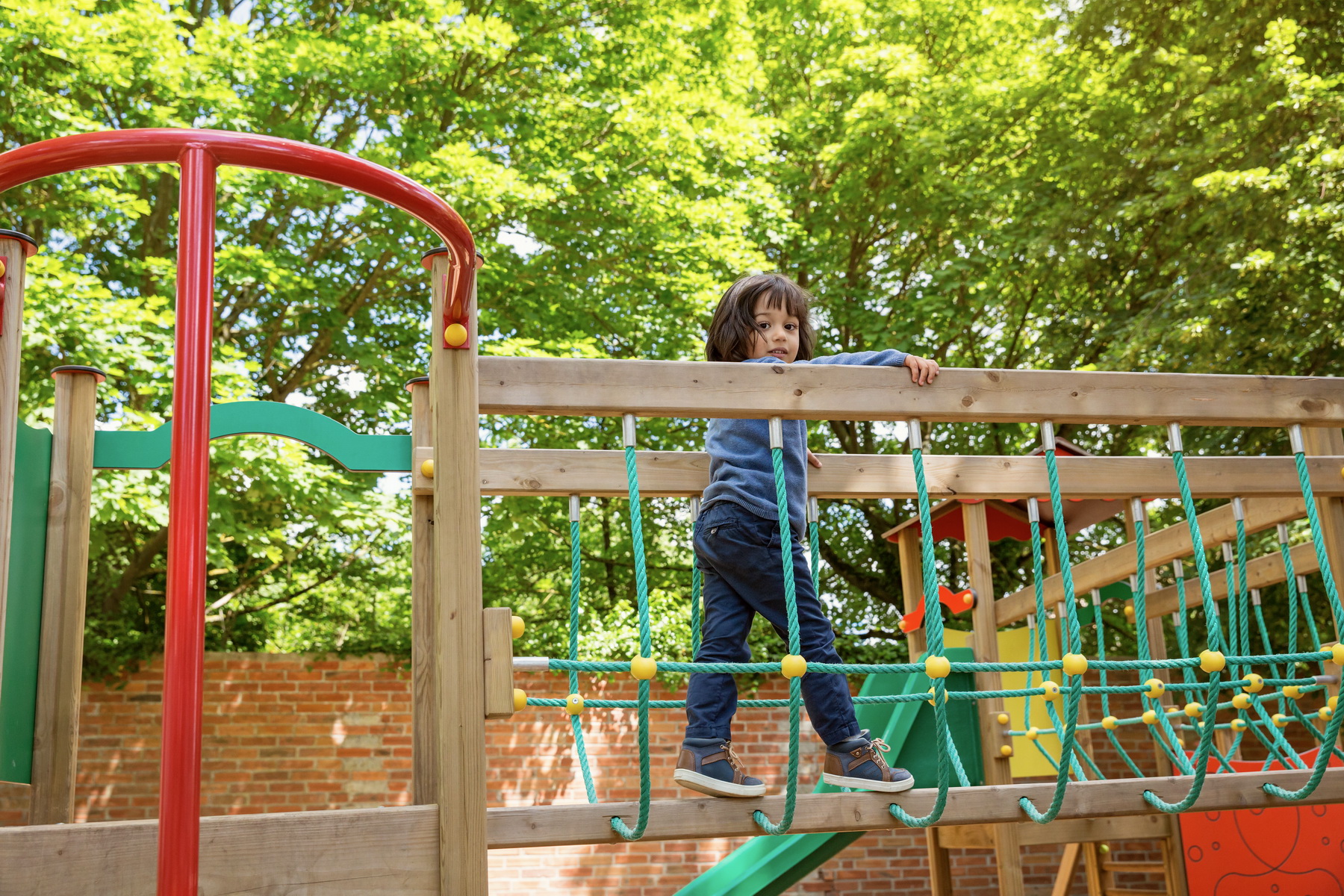Extra Challenge Maze Puzzles Worksheets Activities With Answers for Ages 3-9
7 filtered results
-
From - To
Discover our engaging "Extra Challenge Maze Puzzles Worksheets" specifically designed for children aged 3-9. These activity sheets are perfect for boosting problem-solving skills and enhancing critical thinking through fun and interactive maze challenges. Each worksheet comes equipped with an answer key, making it easy for parents and educators to guide learners through intricate paths while fostering independence. Suitable for early learners, these mazes are versatile tools that promote cognitive development, fine motor skills, and concentration in an enjoyable manner. Explore our extensive collection and spark creativity in young minds today with these captivating puzzles!
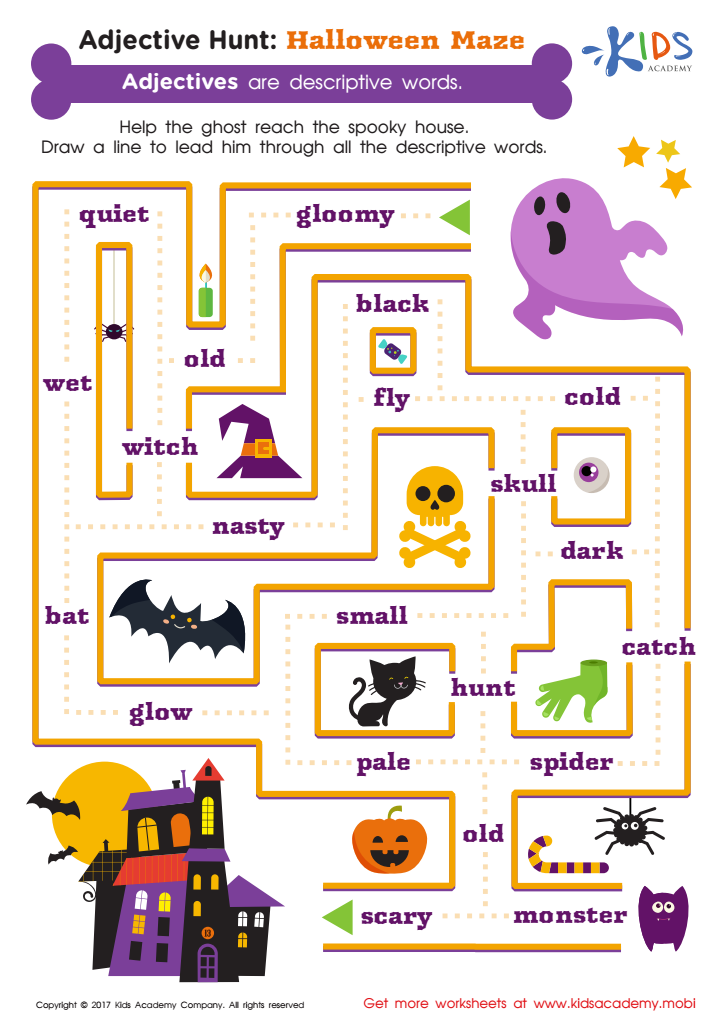

Adjective Hunt Printable
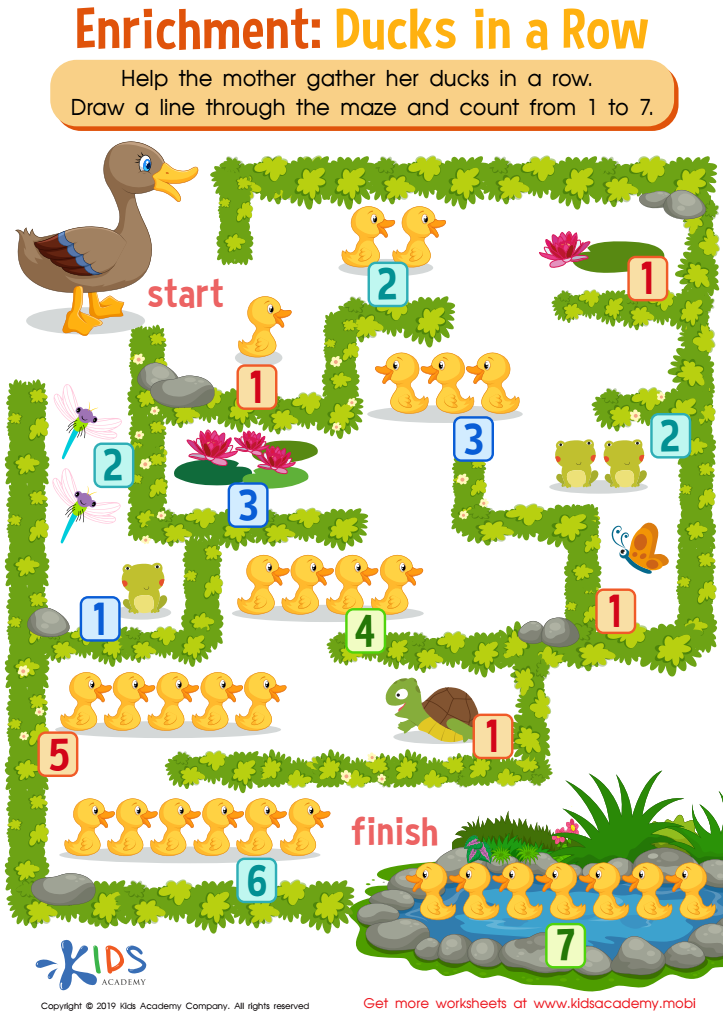

Ducks in a Row Worksheet
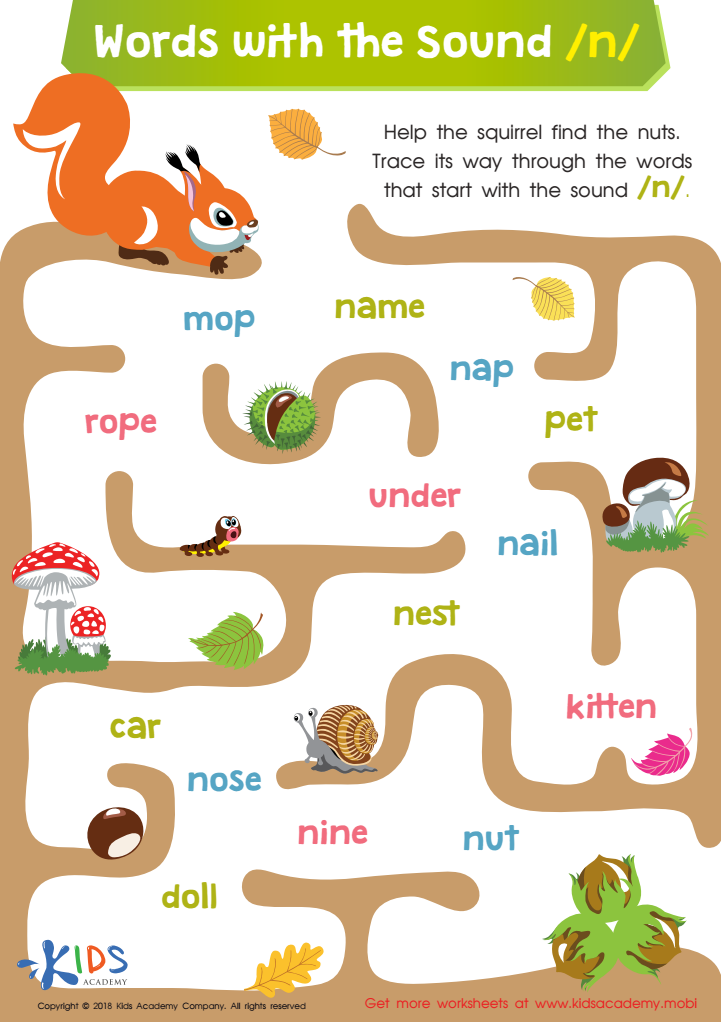

Words with Sound N Reading Worksheet
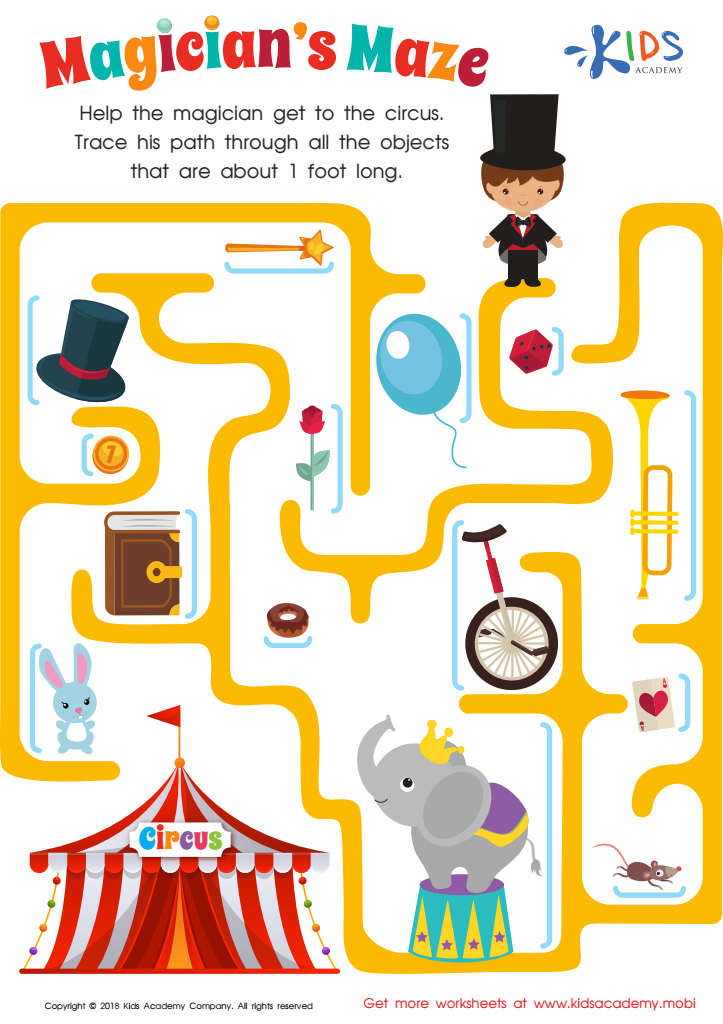

Estimating Length: Magician's Maze Worksheet
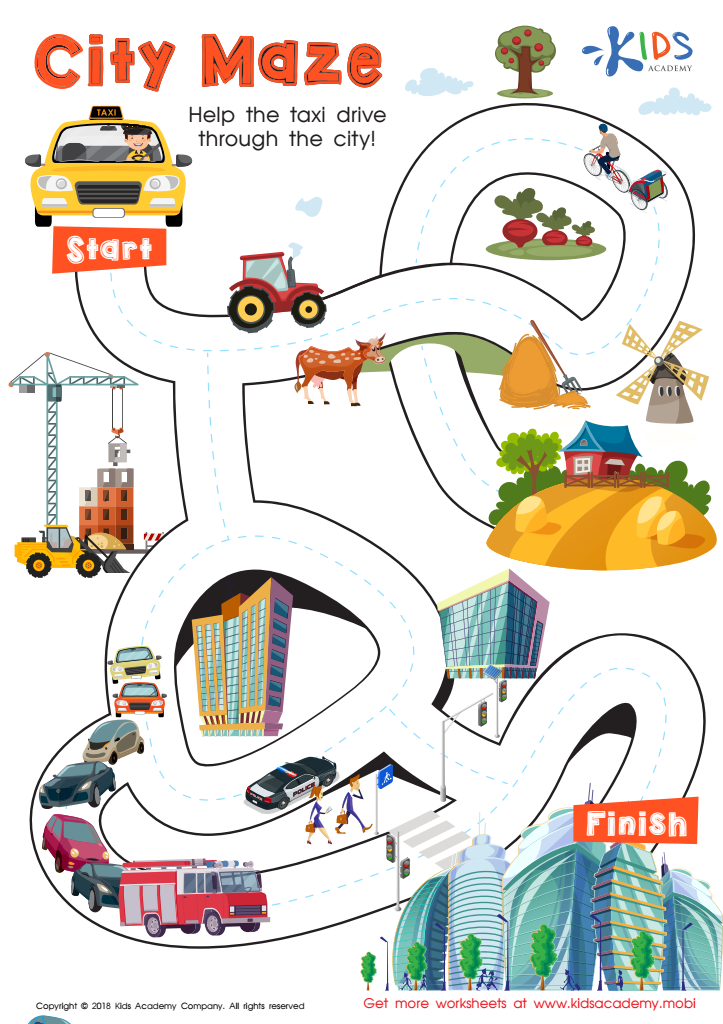

City Maze Worksheet
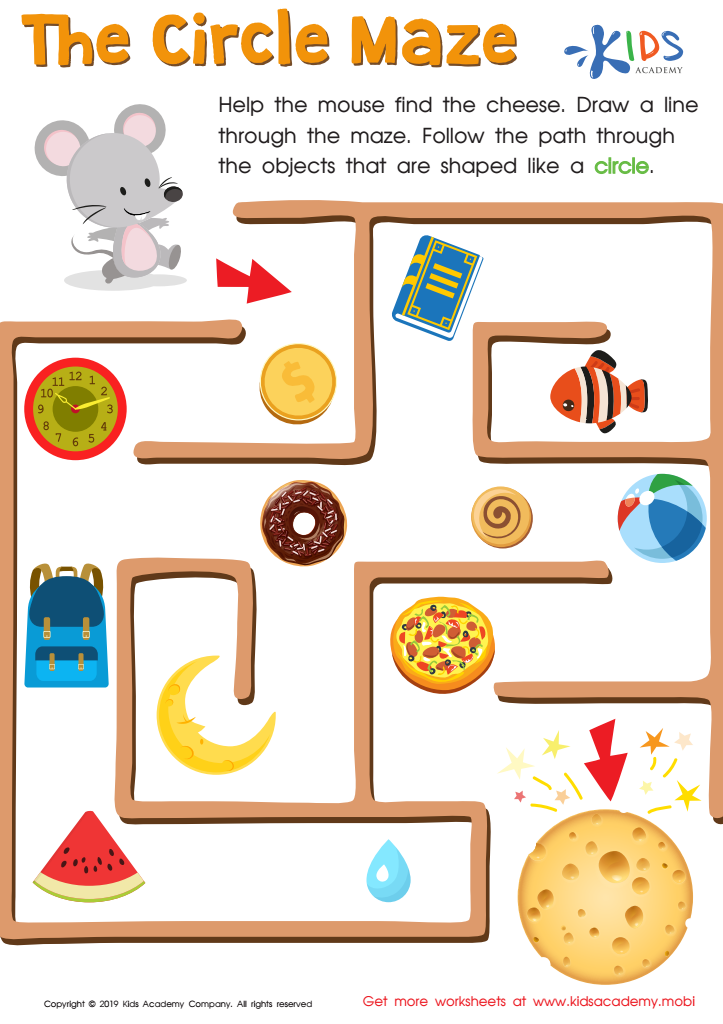

The Circle Maze Worksheet
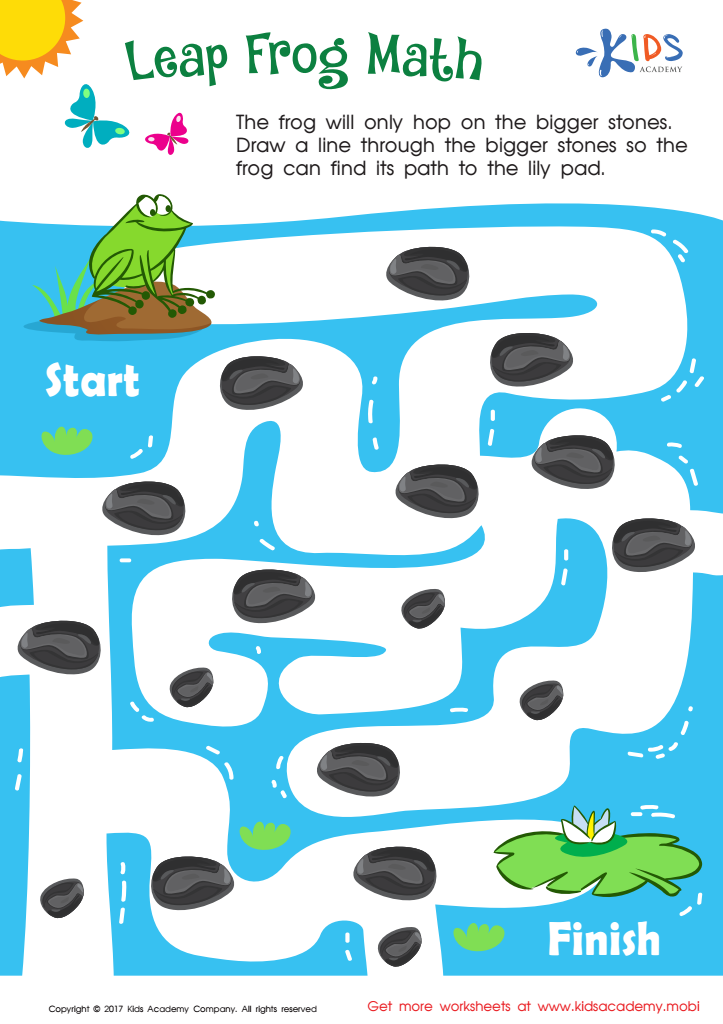

Math Puzzle Worksheet
Parents and teachers should care about Extra Challenge Maze Puzzle Activities for children ages 3-9 because they offer valuable developmental benefits that aid in early childhood growth. These puzzles stimulate critical thinking, enhancing problem-solving skills as children navigate intricate paths to find solutions. Engaging in such activities encourages cognitive development, promoting concentration and focus while challenging children to think strategically.
Moreover, these maze puzzles support fine motor skills as children use pencils or markers to trace their way through the labyrinths. This also fosters hand-eye coordination, an essential skill for writing and other academic tasks. Additionally, the sense of accomplishment that comes from completing a maze boosts self-esteem and resilience, fostering a positive mindset towards learning.
Furthermore, participating in these activities can promote effective parent-child or teacher-student interactions. Solving mazes together fosters collaboration and communication, enriching social skills and bonding. Overall, incorporating various Extra Challenge Maze Puzzle Activities can create a well-rounded, enjoyable educational experience for young learners, encouraging a love for challenges and exploration in their early years. By prioritizing such engaging learning tools, parents and teachers can lay the foundation for lifelong learning and curiosity.

 Assign to My Students
Assign to My Students


